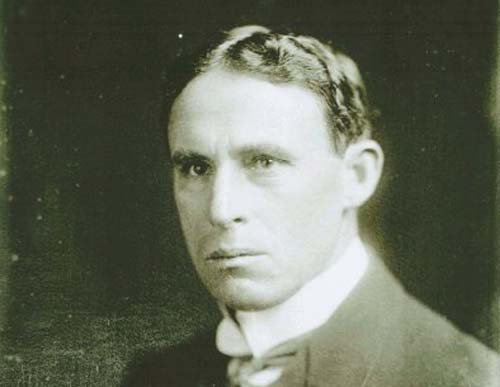
New Zealand journalist Malcolm Ross was a witness to the international rivalries over Samoa between Germany, Britain and the United States, which came to a head in 1899. Civil war had broken out after the death of King Malietoa Laupepa in August 1898 over who would be his successor. The United States and Britain stepped in and supported Laupepa’s son while Germany supported a rival claimant, Mata'afa.
Malcolm Ross went to Samoa in late January to report on the ‘troubles’ for three New Zealand daily newspapers, the Otago Daily Times, The Press and the Evening Post. The Samoan trip was Ross’s first experience as a war correspondent, although not everybody saw the conflict as war.
This article examines Ross’s coverage of four months of the conflict until the cessation of hostilities when a three-man commission was established to look into the troubles and offer a solution. The article will assess Ross’s work as a journalist in a ‘war zone’. The freedom with which he was able to operate in Samoa was not to be repeated, especially once he had become the country’s official war correspondent during World War I.
Doctoral thesis on Malcolm Ross
Oosterman, Allison (2008). Malcolm Ross and the Samoan 'troubles' of 1899. Pacific Journalism Review, 14(2), pp. 163-182. Availability @ PJR on Informit
Also: Oosterman, Allison (2010). New Zealand war correspondence before 1915. Pacific Journalism Review, 16(1), pp. 133-152. Availability @ PJR on Informit


